In 2017, the Mariners received the Green Glove Award for the highest recycling rate in MLB. The Mariners recycled 96% of all waste generated that season. Since 2010, the first year the Mariners were recognized by MLB for sustainability practices, the Mariners recycling rate at T-Mobile Park has averaged 85%, one of the highest marks in all of professional sports.

The grass isn't the only thing that's green at T-Mobile Park. With a sincere and sustained commitment, the Seattle Mariners are working to significantly reduce our environmental impact.
Since 2006, the Mariners have been leaders in sustainable ballpark operations. Further, we use the power of our position as a community leader to educate and encourage fans, partners, employees and the community at large to make changes both large and small that advance the cause of sustainability.
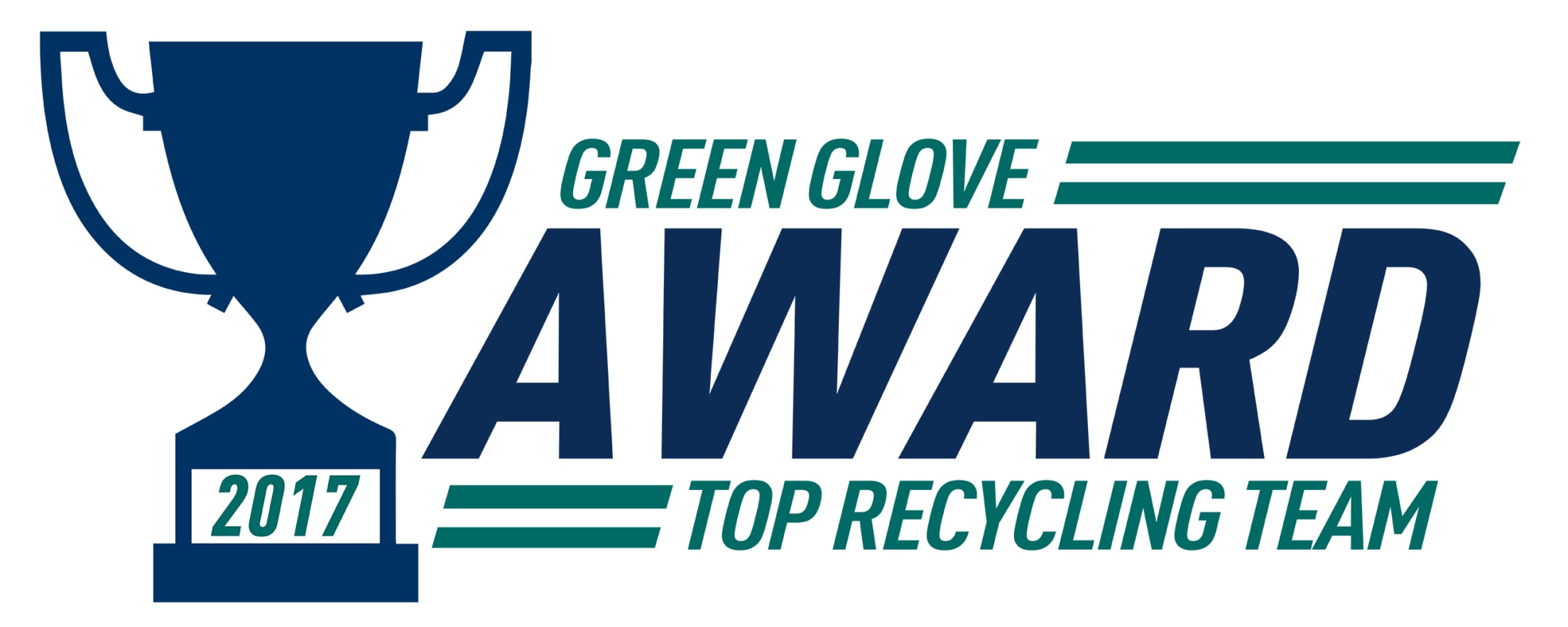

Fans looking for sustainable food options have several choices. More information can be found here. Fans can also enjoy their sustainable food with the peace of mind that nearly all food service ware used at T-Mobile Park is recyclable or compostable including plates, knives, forks, cups, straws, bottles, etc.. Compost and recycling bins have replaced garbage cans on concourses and cleaning crews hand-separate plastics and compostable waste after each game.
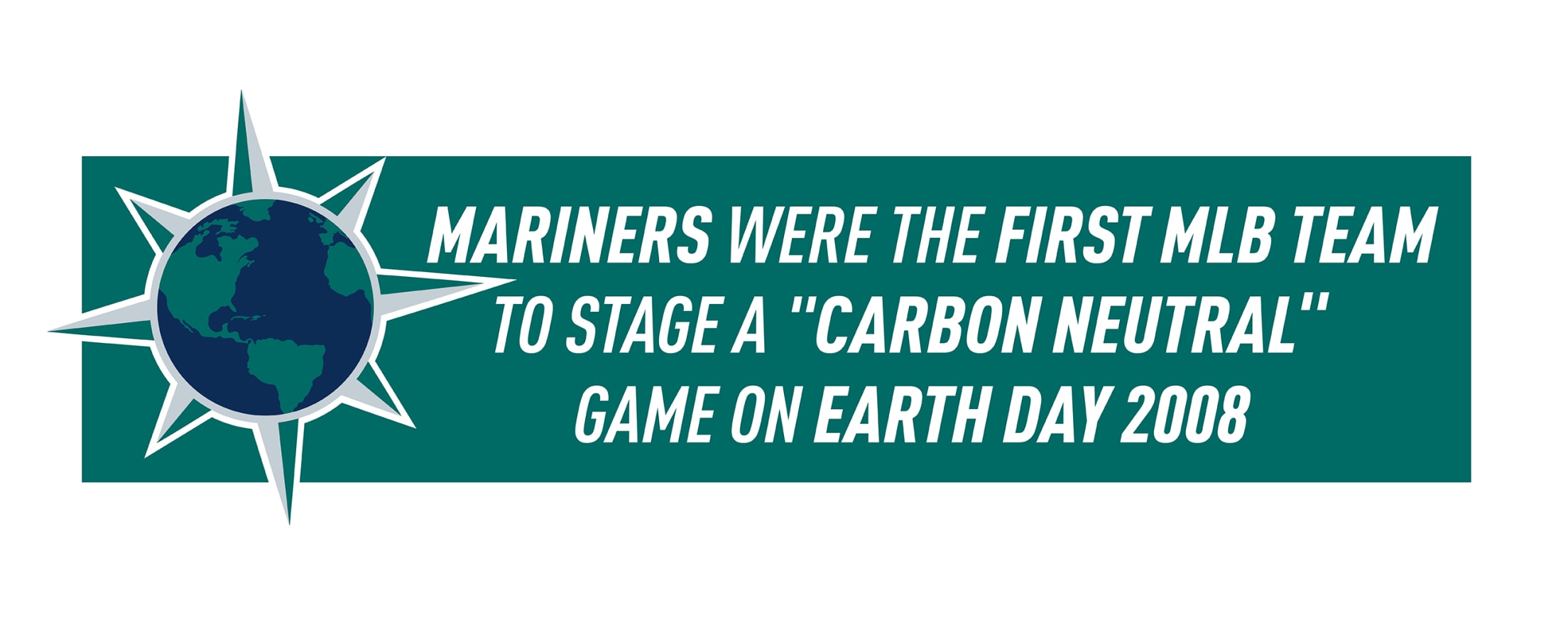
The environment harming effects of emissions and consumption of natural resources for the 2015 Earth Day game (Vs. Houston Astros) were mitigated through the purchase of carbon offsets, renewable energy credits and water restoration certificates.

Zero Waste Stations placed strategically throughout the public areas of T-Mobile Park educate and encourage fans to recycle by placing their waste in the proper containers. There are 16 Zero Waste Stations with containers for recyclable bottles and cans, food waste and compostables, and the only landfill-bound waste containers in the entire ballpark. The Zero Waste Stations are in addition to dozens of combination compostable/recyclable containers each made from reclaimed milk jugs.

The 578 GigaTera fixtures use 800 watts of power each. The old technology metal halide lights used 1,000-2,000 watts each. LED lights are 20%-30% brighter, using 60% fewer watts, which reduces power usage at T-Mobile Park by 784,000 kWh each season, saving more than $50,000 in energy costs alone. The LED fixtures are also expected to last 30-years, compared with the 2-3 year life span of the old fixtures.
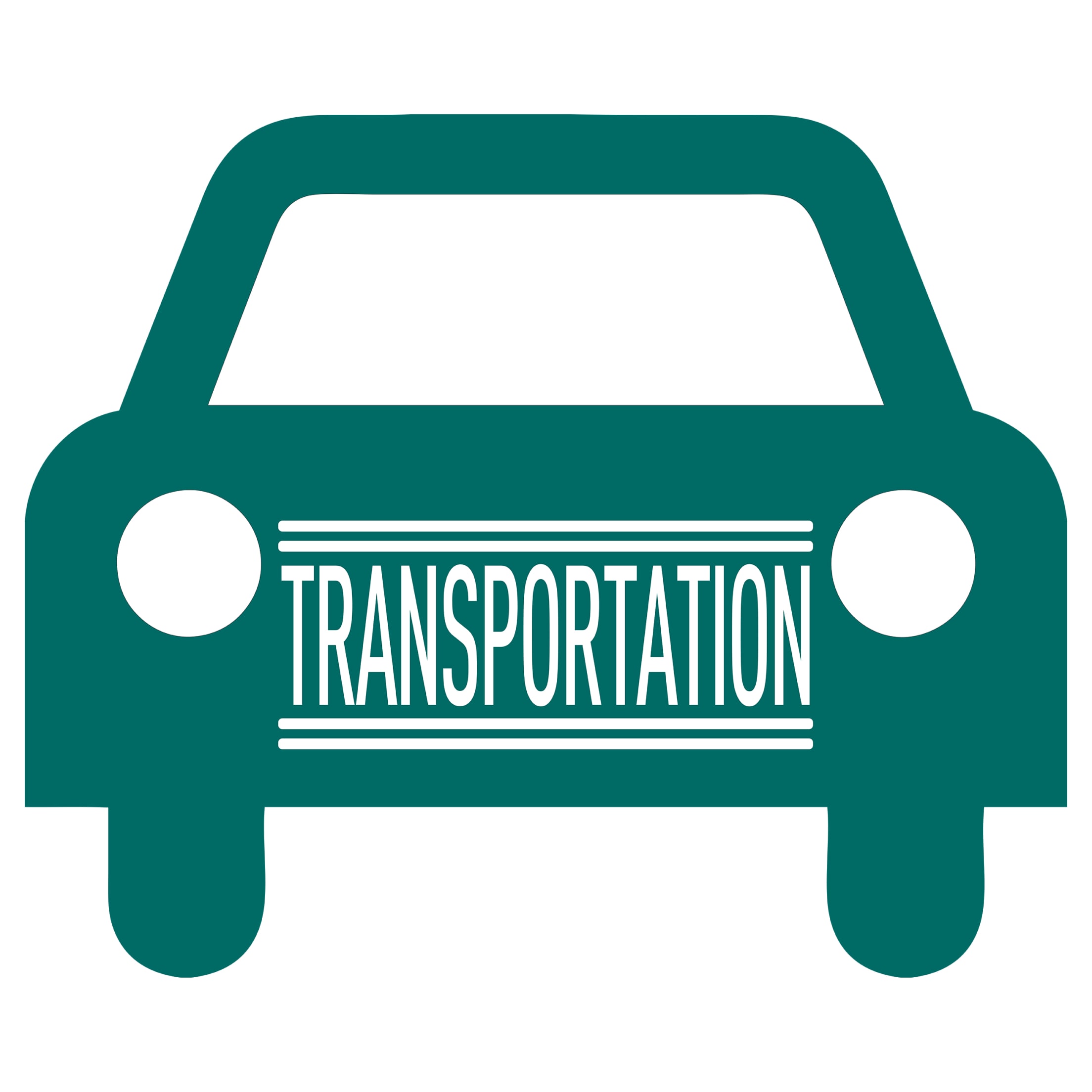
The Mariners are committed to providing sustainable transportation options to T-Mobile Park. Fans looking to limit their carbon footprint can ride their bike, take the link light rail or other transit, or even park their electric vehicles with two Level 2 EV chargers located near the parking garage. For more information on getting to T-Mobile Park, visit Mariners.com/Transportation.
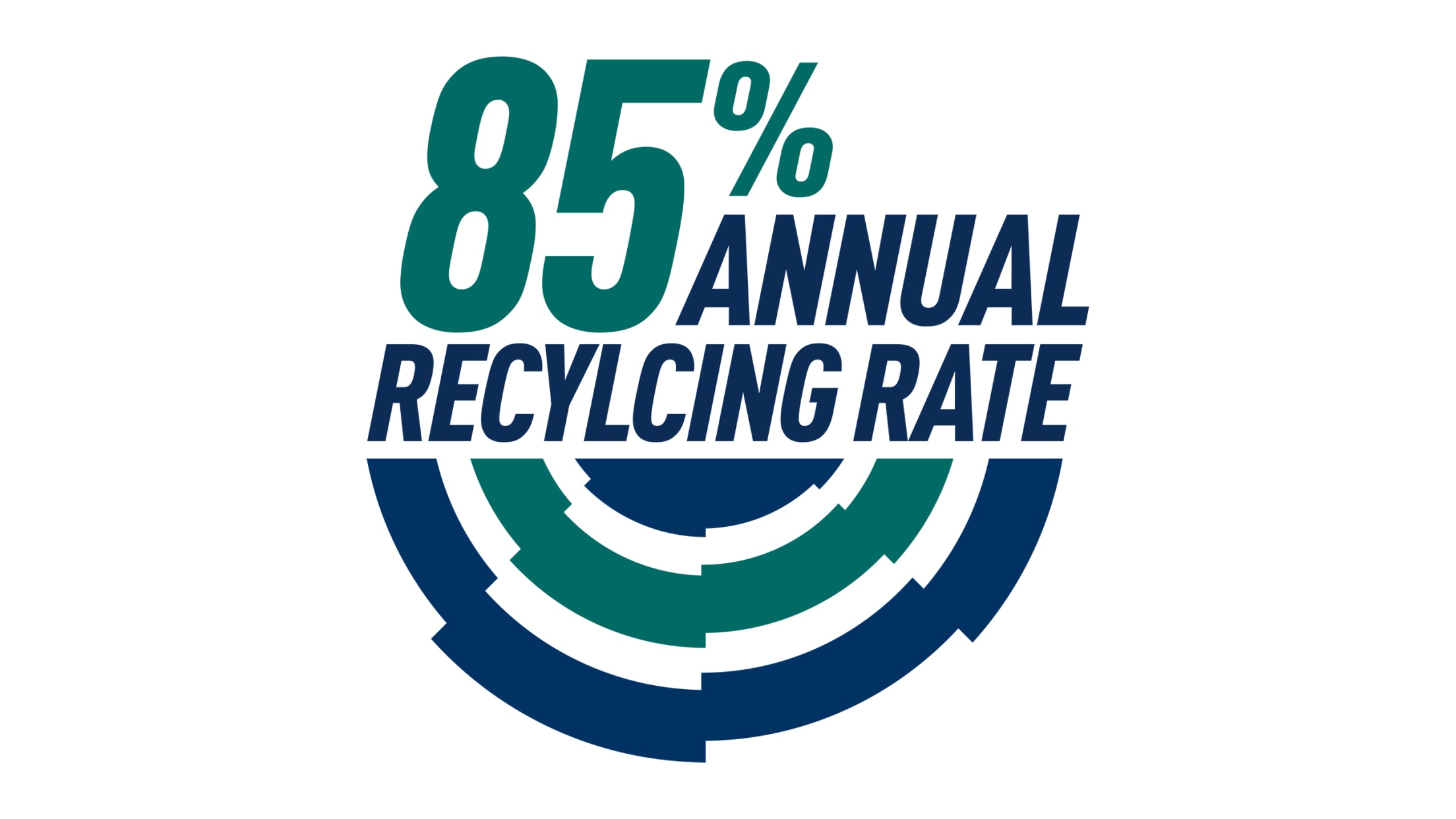
In 2017, the Mariners received the Green Glove Award for the highest recycling rate in MLB. The Mariners recycled 96% of all waste generated that season. Since 2010, the first year the Mariners were recognized by MLB for sustainability practices, the Mariners recycling rate at T-Mobile Park has averaged 85%, one of the highest marks in all of professional sports. Nearly everything used at T-Mobile Park is recyclable or compostable including food service items (plates, knives, forks, cups, straws, bottles, etc.). Compost and recycling bins have replaced garbage cans on concourses and cleaning crews hand-separate plastics and compostable waste after each game. The Mariners received the Environmental Protection Agency 2018 Food Recovery Challenge Sports & Entertainment Venues Award for diverting more than 761 tons of food waste in 2017. In addition, each year, the Mariners concessions partner Sodexo Live! donates tons of food to Northwest Harvest, Operation Sack Lunch and the Salvation Army.

The Mariners are founding members of the Green Sports Alliance, a groundbreaking coalition of professional sports teams and sporting venues committed to promoting "greening initiatives" in sports. In 2012, MLB Commissioner Allan H. (Bud) Selig was honored by the Alliance at its annual summit at T-Mobile Park with the first Environmental Leadership Award.
The nonprofit organization was launched in 2011 with founding members from six major leagues (MLB, NFL, MLS, WNBA, NHL, NBA), their home arenas, the Environmental Protection Agency and Natural Resources Defense Council. It is the first time teams from the six major professional sports had collaborated on a common environmental agenda. Since the launch, over 300 sports teams and venues from 20 different sports leagues and 14 countries have joined the Alliance.
In 2015, the Mariners were named finalists for the GSA's Environmental Innovators Awards for leadership in environmental sustainability.
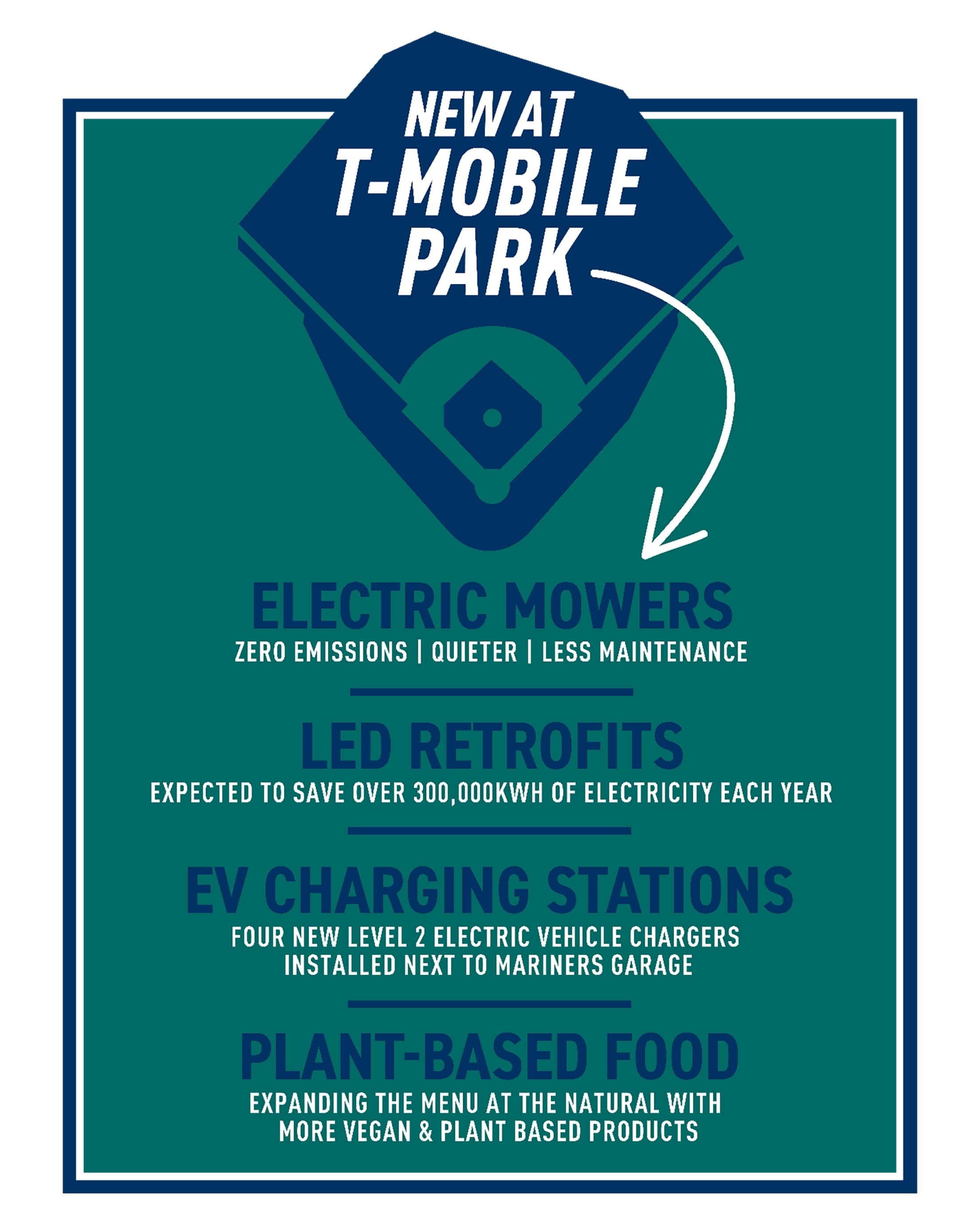
An array of Panasonic HIT® Double solar panels on the skybridge connecting T-Mobile Park to the Mariners parking garage generates 40,000 kilowatt hours of power annually, which is fed into the T-Mobile Park distribution grid.
Solar panels at the Mariners Spring Training headquarters at the Peoria Sports Complex in Peoria, Arizona produce 345 kWh of electricity annually, enough for half of all the team's power needs each year. In addition, the facility received LEED Gold Level certification from the U.S. Green Building Council. LEED, which stands for Leadership in Energy and Environmental Design, is a green building certification program that recognizes best-in-class building strategies and practices. The project was undertaken as part of the City of Peoria Sustainability Action Plan.
- 2018 - Environmental Protection Agency Food Recovery Challenge Sports & Entertainment Award for diverting 761 tons of food waste in 2017.
- 2010-2018 - Major League Baseball American League Recycling Champions for the League's highest recycling rate.
- 2017 - Major League Baseball Green Glove Award for highest recycling rate in MLB (96%).
- 2016 - Green Sports Alliance Environmental Innovators of the Year Award for integrating greening across operations and developing innovative partnership.
- 2015 - Sustainable Seattle Sustainability Leadership Award - Setting the Example.
- 2013 - Natural Resources Defense Council Game Changer Award, Scott Jenkins, (former) Vice President Ballpark Operations
- 2013 - NW Energy Coalition Bob Olson Memorial Conservation Eagle Award, Scott Jenkins, (former) Vice President Ballpark Operations
- 2011 - Washington State Recycling Association Recycler of the Year
- 2011 - Seattle Business magazine Green Washington Environmental Leadership Award
- 2011 - International Association of Venue Managers Venue Excellence Award
- 2008 - Washington CEO Magazine Green Washington Awards Special Recognition
- Mariners were the first MLB team to stage a "carbon neutral" game on Earth Day 2008. The environment harming effects of emissions and consumption of natural resources for the 2015 Earth Day game (Vs. Houston Astros) were mitigated through the purchase of carbon offsets, renewable energy credits and water restoration certificates.
- The Mariners have increased the recycling rate for T-Mobile Park from 13% in 2006 to 84% in 2018.
- An average of almost 3 million pounds of recyclable materials, including paper, plastic, glass, aluminum, food waste, grass clippings and other organic matter is composted or recycled each season.
- Mariners concessions partner Sodexo Live! donated over 100 tons of food to food banks and feeding programs since 2011.
- Solar panels provide over half the electricity used on an annual basis at the Mariners Spring Training complex in Peoria, Arizona.
- The Mariners are founding members of the Green Sports Alliance, a groundbreaking coalition of professional sports teams and sporting venues committed to promoting "greening initiatives" in sports.